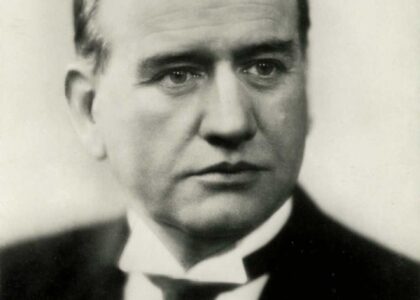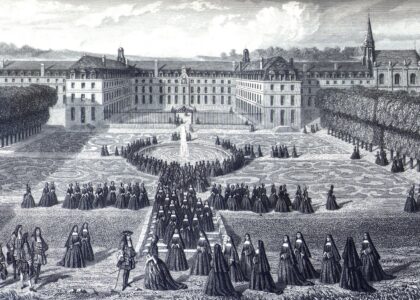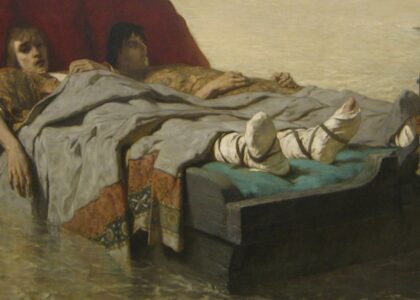Welcome to the Edenton Cotton Mill Museum of History, a fascinating stop on your journey through the storied past of Edenton, North Carolina. Nestled within the charming Edenton Cotton Mill Village, this museum invites you to explore the rich tapestry of local industry and community spirit that defined this area for over a century.
The Edenton Cotton Mill was established in 1898 by a group of nineteen local residents who sought to benefit the region’s cotton growers and retain the industry’s profits locally. Designed by C.R. Makepeace and Company, the mill is a beautiful example of Italianate Revival architecture, characterized by its redbrick construction, large arched windows, and a distinctive three-story water tower adorned with corbeled brickwork.
When the mill began operations in 1900, it quickly became an economic cornerstone for Edenton. A village of over 70 homes was constructed around the mill to house its workers, creating a tight-knit community centered on the textile industry. The mill remained locally owned until 1990, reflecting the founders’ original intention of fostering local economic growth. However, like many industries of its kind, the mill faced challenges and eventually ceased operations in 1995. It was subsequently donated to Preservation North Carolina, marking a new chapter in its history as a preserved historical site.
Today, as you walk through the restored village, you can imagine the bustling life of the mill employees and their families. The museum itself, housed in the old mill office building, offers insights into the daily operations of the mill and the lives of those who worked there. You’ll find exhibits detailing the history of the cotton industry in the region, the architectural significance of the mill buildings, and stories of the people who called the mill village home.
Edenton’s broader historical context is equally compelling. As North Carolina’s first Colonial capital, Edenton has been a center of political and economic activity since the 18th century. Figures such as Joseph Hewes, a signer of the Declaration of Independence, and Hugh Williamson, a delegate to the Constitutional Convention, were among its notable residents.
As you explore, let your mind wander back to a time when the sound of mill machinery filled the air and the community thrived on the cotton industry’s success. The Edenton Cotton Mill Museum of History not only preserves the past but also celebrates the enduring legacy of this vibrant community.




